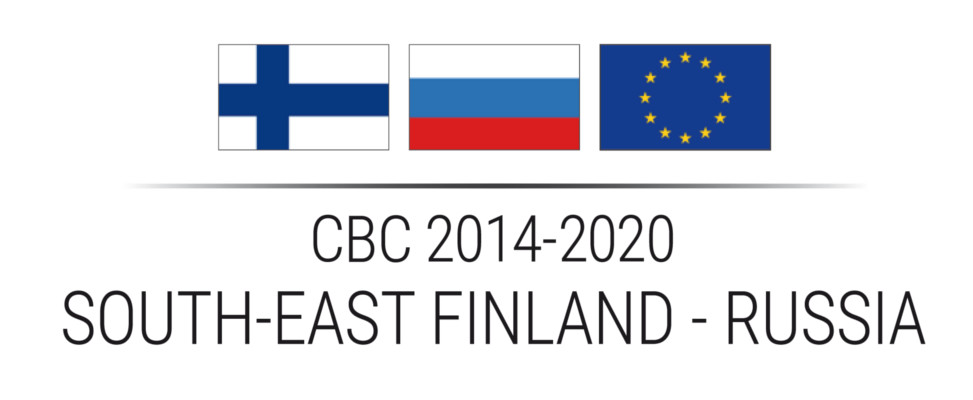Towards higher adaptive capacity in urban water management – highlights of the RAINMAN project
Climate change increases precipitation and urbanisation results in more sealed surfaces. This leads to increasing storm water volumes and can cause sewage system overloads and urban flooding. Nutrients and hazardous substances can also contaminate freshwater resources if storm water is not treated properly. In addition, these changes can affect groundwater recharge and quality.
The RAINMAN project has developed tools and recommendations to avoid sewage system overloads, to prevent urban flooding and to preserve freshwater resources. The project has integrated solutions into city development guidelines and plans to maintain freshwater resources in a good state, despite a changing climate.
The RAINMAN project's closing event took place on
December 16th, 2021, 8:45-12:00 (EET)
Programme
| Time (EET) | Time (MSK) | ||
| 08:30-08:45 | 09:30-09:45 | Registration / going online | |
| 08:45-10:05 | 09:45-11:05 | Session I | Chair: Philipp Schmidt-Thomé (GTK) |
| Welcome and opening | Jouni Pihlaja (GTK) Philipp Schmidt-Thomé (GTK) |
||
| How can we adapt to climate change in urban water management? | Johannes Klein (GTK) | ||
| Modelling climate change impacts on groundwater flow in Mikkeli and Lahti – scenarios up to 2100 | Arto Hyvönen (GTK) | ||
| Climate change and hydrological regime of rivers in the St. Petersburg area | lga Zadonskaya (SHI) Dinara Fasolko (Voeikov MGO) |
||
| 10:05-10:25 | 11:05-11:25 | Break | |
| 10:25-12:00 | 11:25-13:00 | Session II | |
| The threats of climate change for groundwater in Mikkeli | Juha Rautio (Mikkeli) | ||
| Groundwater protection and climate change in Lahti | Raisa Rihkavuori (Lahti) | ||
| Storm water management in changing climate in St. Petersburg | Irina Kostenko (SUE Vodokanal of St.Petersburg) Victor Ignatchik (AViV LLC.) |
||
| Storm water management and green solutions in the Helsinki Metropolitan Area | Maaria Parry (HSY) | ||
| Closing the event | Johannes Klein (GTK) |





